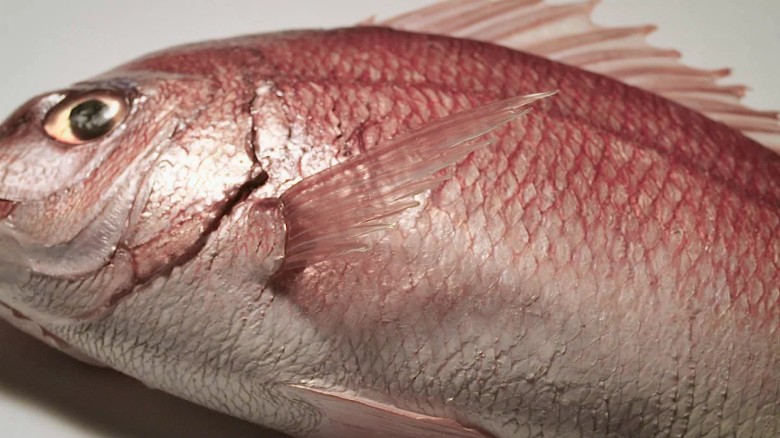
On July 1, 2020, supermarkets, department stores and major convenience stores in Japan started charging a fee for plastic bags.
While Japan generates less general waste per person than most developed countries, it produces more plastic waste per person than anywhere in the world, except the US, according to a 2018 United Nations report.
Japan has made efforts to cut down on plastic waste since it enacted a law in 1991 that put the responsibility for recycling packaging on businesses.
But while other countries have been waging a war on single-use plastic for years, Japan has been slow to the game.
However, that might be about to change. This month the Japanese government introduced a mandatory fee of between 3 and 5 yen (3 to 5 cents) for each plastic bag, matching a move that has already been made in the UK and the US.
Is this a sign Japan is finally ready to tackle its love affair with plastic?
I – Word Understanding
Waging (a) war – to attempt to eliminate (single-use plastic)
Love affair (with plastic) – strong liking / enthusiasm in using plastics
II – Have Your Say
1, Single bananas. Hard boiled eggs. Chocolate chip cookies. In convenience stores across Japan these items all have something in common: they are routinely sold tightly swaddled in plastic wrapping. Why is it important to wrap products in plastic individually? What happens if this won’t be the case anymore?
2, Do you think the mandatory plastic bag fee is effective to reduce plastic waste? How do you manage your shopping items now that you have to pay for plastic bag?
3, Furoshiki is Japan’s historic cloth that is a perfect example for the 3 R’s (reduce, reuse, recycle). Can you explain the uses and how to use it?
4, Residents of Kamikatsu, Japan have been following a zero-waste policy since 2003, aiming to prioritize waste reduction by educating consumers to invest in reusable household items. Do you think zero-waste is achievable?
760 Japan finally announced a fee for plastic bags. Will that stop its obsession with plastic?


